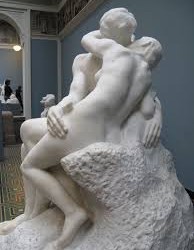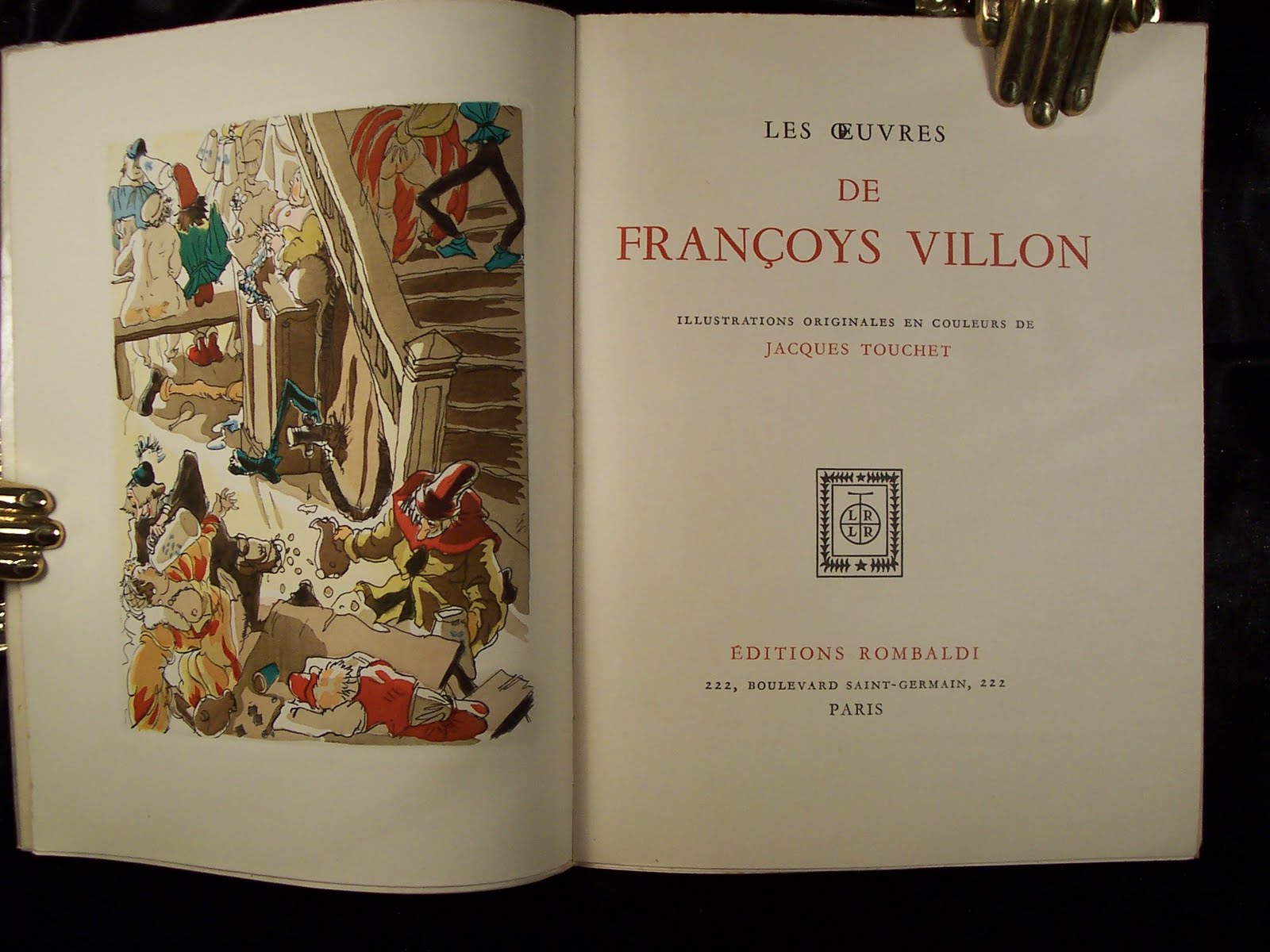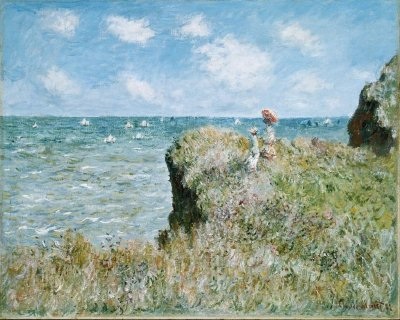- HOME
- ABOUT ME
- movies
- MEDIA
- L.Onerva
- Eino Leino
- Eeva-Liisa Manner
- Erään Opon päiväkirja
- Elämänkenttäni
- Elämäni ”viiva”
- Käyttöteoriani – se miten minä ohjaan
- Kulttuuritietoinen ja kansainvälistyvä ohjaus
- Ohjauksen järjestäminen maahanmuuttajakoulutuksessa
- Ohjauksen yhteiskunnallinen viitekehys
- Ohjaukäsite
- Oma opiskeluorientaatio
- Opiskelijoiden yksilöllisyys ohjauksessa
- EETTISET KYSYMYKSET
- Psykososiaalisen kehityksen teoria
- Suhteeni erilaisuuteen ja tehtäväni opinto-ohjaajana
- Opinto-ohjauksen ja erityisopetuksen yhtäläisyyksiä ja eroja
- Kehitykseni opinto-ohjaajana
- Maahanmuuttajan uraohjaus
- Maahanmuuttajien ohjaus ja neuvonta: kuka, mitä, miten?
- Ohjauksen tulevaisuus
- Elämänkenttäni
- Mariana Marin
- Claudiu Komartin
- Mariana Codrut
- Roland Erb
- Romanian poetry
- ESSAYS
- STORIES
- CLASSIC POETRY
- CONTEMPORARY POETRY
- TRANSLATED POEMS
- READING POETRY
- CONTACT
- translated Italian-English
- translated Italian-Romanian
- translated Spanish-English
- translated Spanish-Romanian
classic poetry
Close Close
POSTED IN classic poetry February 16, 2014
Close Close
Close close all night
the lovers keep.
They turn together
in their sleep,
close as two papers
in a book
that read each other
in the dark.
Each knows all
the other knows
learnt by heart
from head to toes.
Elisabeth Bishop
The Sandman
POSTED IN classic poetry February 15, 2014
The Sandman
The rosy clouds float overhead, The sun is going down, And now the sandman’s gentle tread Comes stealing through the town. “White sand, white sand,” he softly cries, And, as he shakes his hand, Straightway there lies on babies’ eyes His gift of shining sand. Blue eyes, gray eyes, black eyes, and brown, As shuts the rose, they softly close, when he goes through the town. From sunny beaches far away, Yes, in another land, He gathers up at break of day His store of shining sand. No tempests beat that shore remote, No ships may sail that way; His little boat alone may float Within that lovely bay. Blue eyes, gray eyes, black eyes, and brown, As shuts the rose, they softly close, when he goes through the town. He smiles to see the eyelids close Above the happy eyes! And every child right well he knows— Oh, he is very wise! But if, as he goes through the land, A naughty baby cries, His other hand takes dull gray sand To close the wakeful eyes. Blue eyes, gray eyes, black eyes, and brown, As shuts the rose, they softly close, when he goes through the town. So when you hear the sandman’s song Sound through the twilight sweet, Be sure you do not keep him long A-waiting on the street. Lie softly down, dear little head, Rest quiet, busy hands, Till, by your bed his good-night said, He strews the shining sands. Blue eyes, gray eyes, black eyes, and brown, As shuts the rose, they softly close, when he goes through the town.
Margaret Vandegrift
A Valentine
POSTED IN classic poetry February 14, 2014
A Valentine
For her this rhyme is penned, whose luminous eyes,
Brightly expressive as the twins of Leda,
Shall find her own sweet name, that nestling lies
Upon the page, enwrapped from every reader.
Search narrowly the lines!- they hold a treasure
Divine- a talisman- an amulet
That must be worn at heart. Search well the measure-
The words- the syllables! Do not forget
The trivialest point, or you may lose your labor
And yet there is in this no Gordian knot
Which one might not undo without a sabre,
If one could merely comprehend the plot.
Enwritten upon the leaf where now are peering
Eyes scintillating soul, there lie perdus
Three eloquent words oft uttered in the hearing
Of poets, by poets- as the name is a poet’s, too,
Its letters, although naturally lying
Like the knight Pinto- Mendez Ferdinando-
Still form a synonym for Truth- Cease trying!
You will not read the riddle, though you do the best you can do.
Edgar Allan Poe
Si Tú Me Olvidas
POSTED IN classic poetry February 4, 2014
Si Tú Me Olvidas
Quiero que sepas
una cosa.
Tú sabes cómo es esto:
si miro
la luna de cristal, la rama roja
del lento otoño en mi ventana,
si toco
junto al fuego
la impalpable ceniza
o el arrugado cuerpo de la leña,
todo me lleva a ti,
como si todo lo que existe,
aromas, luz, metales,
fueran pequeños barcos que navegan
hacia las islas tuyas que me aguardan.
Ahora bien,
si poco a poco dejas de quererme
dejaré de quererte poco a poco.
Si de pronto
me olvidas
no me busques,
que ya te habré olvidado.
Si consideras largo y loco
el viento de banderas
que pasa por mi vida
y te decides
a dejarme a la orilla
del corazón en que tengo raíces,
piensa
que en ese día,
a esa hora
levantaré los brazos
y saldrán mis raíces
a buscar otra tierra.
Pero
si cada día,
cada hora
sientes que a mí estás destinada
con dulzura implacable.
Si cada día sube
una flor a tus labios a buscarme,
ay amor mío, ay mía,
en mí todo ese fuego se repite,
en mí nada se apaga ni se olvida,
mi amor se nutre de tu amor, amada,
y mientras vivas estará en tus brazos
sin salir de los míos.
Pablo Neruda
Dime
POSTED IN classic poetry February 2, 2014
Dime
Dime por favor donde no estás
en qué lugar puedo no ser tu ausencia
dónde puedo vivir sin recordarte,
y dónde recordar, sin que me duela.
Dime por favor en que vacío,
no está tu sombra llenando los centros;
dónde mi soledad es ella misma,
y no el sentir que tú te encuentras lejos.
Dime por favor por qué camino,
podré yo caminar, sin ser tu huella;
dónde podré correr no por buscarte,
y dónde descanzar de mi tristeza.
Dime por favor cuál es la noche,
que no tiene el color de tu mirada;
cuál es el sol, que tiene luz tan solo,
y no la sensación de que me llamas.
Dime por favor donde hay un mar,
que no susurre a mis oídos tus palabras.
Dime por favor en qué rincón,
nadie podrá ver mi tristeza;
dime cuál es el hueco de mi almohada,
que no tiene apoyada tu cabeza.
Dime por favor cuál es la noche,
en que vendrás, para velar tu sueño;
que no puedo vivir, porque te extraño;
y que no puedo morir, porque te quiero.
Jorge Luis Borges
Ballade de bon conseil
POSTED IN classic poetry February 2, 2014
Ballade de bon conseil
Hommes faillis, bertaudés de raison,
Dénaturés et hors de connoissance,
Démis du sens, comblés de déraison,
Fous abusés, pleins de déconnoissance,
Qui procurez contre votre naissance,
Vous soumettant à détestable mort
Par lâcheté, las ! que ne vous remord
L’horribleté qui à honte vous mène ?
Voyez comment maint jeunes homs est mort
Par offenser et prendre autrui demaine.
Chacun en soi voie sa méprison,
Ne nous vengeons, prenons en patience ;
Nous connoissons que ce monde est prison
Aux vertueux franchis d’impatience ;
Battre, rouiller pour ce n’est pas science,
Tollir, ravir, piller, meurtrir à tort.
De Dieu ne chaut, trop de verté se tort
Qui en tels faits sa jeunesse démène,
Dont à la fin ses poings doloreux tord
Par offenser et prendre autrui demaine.
Que vaut piper, flatter, rire en traison,
Quêter, mentir, affirmer sans fiance,
Farcer, tromper, artifier poison,
Vivre en péché, dormir en défiance
De son prouchain sans avoir confiance ?
Pour ce conclus : de bien faisons effort,
Reprenons coeur, ayons en Dieu confort,
Nous n’avons jour certain en la semaine ;
De nos maux ont nos parents le ressort
Par offenser et prendre autrui demaine.
Vivons en paix, exterminons discord ;
Jeunes et vieux, soyons tous d’un accord :
La loi le veut, l’apôtre le ramène
Licitement en l’épître romaine ;
Ordre nous faut, état ou aucun port.
Notons ces points ; ne laissons le vrai port
Par offenser et prendre autrui demaine.
Francois Villon
In Memory of a Happy Day in February
POSTED IN classic poetry February 2, 2014
In Memory of a Happy Day in February
Blessed be Thou for all the joy My soul has felt today! O let its memory stay with me And never pass away! I was alone, for those I loved Were far away from me, The sun shone on the withered grass, The wind blew fresh and free. Was it the smile of early spring That made my bosom glow? 'Twas sweet, but neither sun nor wind Could raise my spirit so. Was it some feeling of delight, All vague and undefined? No, 'twas a rapture deep and strong, Expanding in the mind! Was it a sanguine view of life And all its transient bliss- A hope of bright prosperity? O no, it was not this! It was a glimpse of truth divine Unto my spirit given Illumined by a ray of light That shone direct from heaven! I felt there was a God on high By whom all things were made. I saw His wisdom and his power In all his works displayed. But most throughout the moral world I saw his glory shine; I saw His wisdom infinite, His mercy all divine. Deep secrets of his providence In darkness long concealed Were brought to my delighted eyes And graciously revealed. But while I wondered and adored His wisdom so divine, I did not tremble at his power, I felt that God was mine. I knew that my Redeemer lived, I did not fear to die; Full sure that I should rise again To immortality. I longed to view that bliss divine Which eye hath never seen, To see the glories of his face Without the veil between.
Anne Bronté
Since Feeling is First
POSTED IN classic poetry February 2, 2014
Since Feeling is First
since feeling is first who pays any attention to the syntax of things will never wholly kiss you wholly to be a fool while Spring is in the world my blood approves and kisses are a better fate than wisdom lady i swear by all flowers. Don't cry the best gesture of my brain is less than your eyelids' flutter which says we are for each other: then laugh leaning back in my arms for life's not a paragraph and death i think is no parenthesis
e.e.cummings
Why do I love you, Sir?
POSTED IN classic poetry February 2, 2014
Why do I love you, Sir?
"Why do I love" You, Sir?
Because --
The Wind does not require the Grass
To answer -- Wherefore when He pass
She cannot keep Her place.
Because He knows -- and
Do not You --
And We know not --
Enough for Us
The Wisdom it be so --
The Lightning -- never asked an Eye
Wherefore it shut -- when He was by --
Because He knows it cannot speak --
And reasons not contained --
-- Of Talk --
There be -- preferred by Daintier Folk --
The Sunrise -- Sire -- compelleth Me --
Because He's Sunrise -- and I see --
Therefore -- Then --
I love Thee
Emily Dickinson
Love’s Language
POSTED IN classic poetry January 31, 2014
Love’s LanguageHow does Love speak?
In the faint flush upon the telltale cheek,
And in the pallor that succeeds it; by
The quivering lid of an averted eye–
The smile that proves the parent to a sigh
Thus doth Love speak.How does Love speak?
By the uneven heart-throbs, and the freak
Of bounding pulses that stand still and ache,
While new emotions, like strange barges, make
Along vein-channels their disturbing course;
Still as the dawn, and with the dawn’s swift force–
Thus doth Love speak.How does Love speak?
In the avoidance of that which we seek–
The sudden silence and reserve when near–
The eye that glistens with an unshed tear–
The joy that seems the counterpart of fear,
As the alarmèd heart leaps in the breast,
And knows, and names, and greets its godlike guest–
Thus doth Love speak.How does Love speak?
In the proud spirit suddenly grown meek–
The haughty heart grown humble; in the tender
And unnamed light that floods the world with splendor;
In the resemblance which the fond eyes trace
In all fair things to one belovèd face;
In the shy touch of hands that thrill and tremble;
In looks and lips that can no more dissemble–
Thus doth Love speak.How does Love speak?
In the wild words that uttered seem so weak
They shrink ashamed in silence; in the fire
Glance strikes with glance, swift flashing high and higher,
Like lightnings that precede the mighty storm;
In the deep, soulful stillness; in the warm,
Impassioned tide that sweeps through throbbing veins,
Between the shores of keen delights and pains;
In the embrace where madness melts in bliss,
And in the convulsive rapture of a kiss–
Thus doth Love speak.
Ella Wheeler Wilcox

Copyright © 2024 by Magdalena Biela. All rights reserved.









